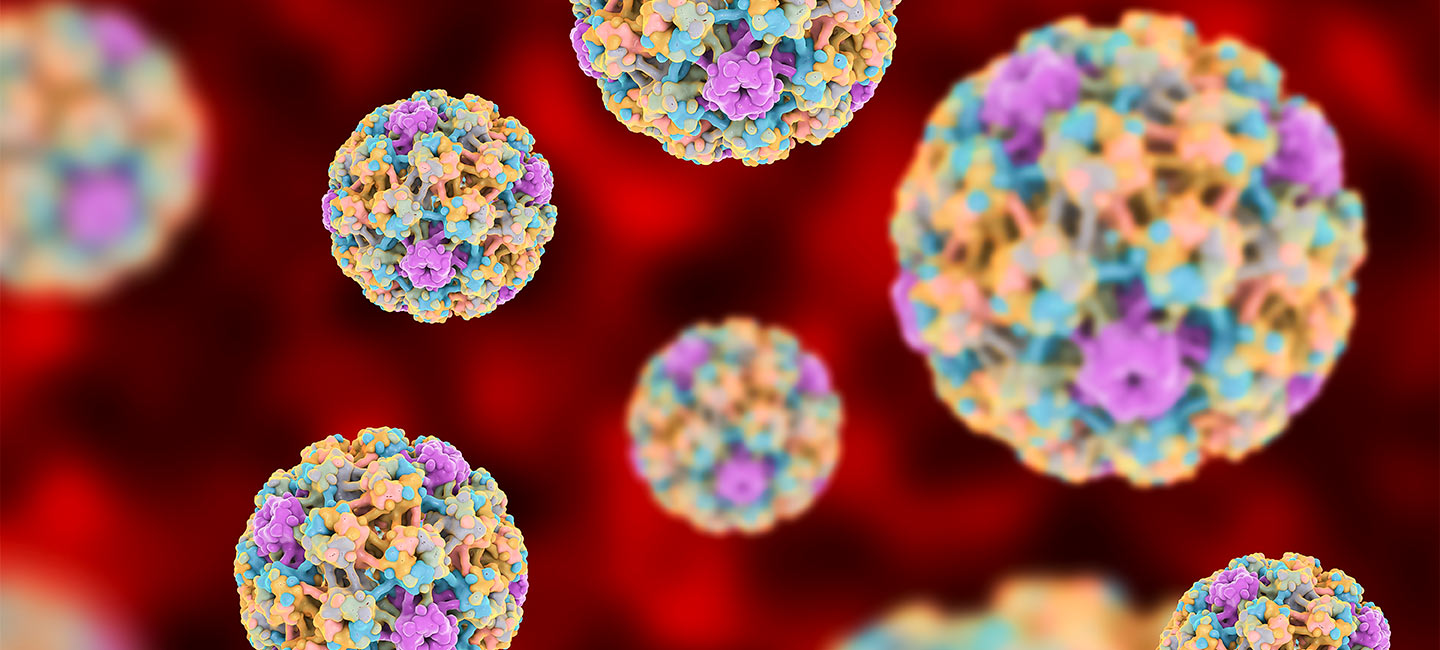Vaccination Could Prevent Reinfection in Men with HPV
According to a study published last month, men who have been infected with a particular type of HPV – HPV16 – are 20 times more likely to be reinfected with the same type of HPV after one year. Vaccination could benefit men who already have the virus by preventing such reinfection.
HPV is the most common sexually transmitted infection, with an estimated 79 million Americans currently infected. Most individuals who are infected experience no symptoms or health issues, and may be unaware they have it. However, 70 percent of cervical cancers and precancerous cervical lesions are caused by two types of HPV – HPV 16 and 18. In addition, there are several other HPV-related cancers that can affect both men and women.
Vaccination against HPV can protect against as many as nine of the most common types of HPV, but there are more than 200 genetically distinct HPV types.
This new study looked at the various types of HPV and why they coexist. The research team, including Dr. Anna R. Giuliano, co-director of the Center for Immunization and Infection Research in Cancer at Moffitt Cancer Center, analyzed data from the human papillomavirus in men (HIM) study, which tracked more than 4,000 unvaccinated men over a five-year period.
"The data show why HPV vaccination is so important. Vaccinating boys before they are sexually active or exposed to HPV could prevent initial infection," said Giuliano. "It may also be beneficial to vaccinate older men who have already had the virus to reduce their risk of reinfection."

Dr. Anna Giuliano
"One in 20 cancers is caused by HPV infection. With proper vaccination we could eliminate all of these cancers, with cervical cancer being the first that we see drop to near zero," said Giuliano. "We have the tools to do it, but unless we utilize the tools we aren’t going to see that happen.
To learn more about HPV screening and vaccination, visit Moffitt.org/HPV.



